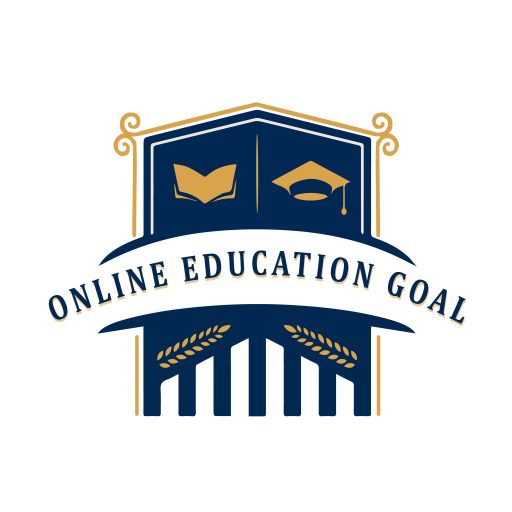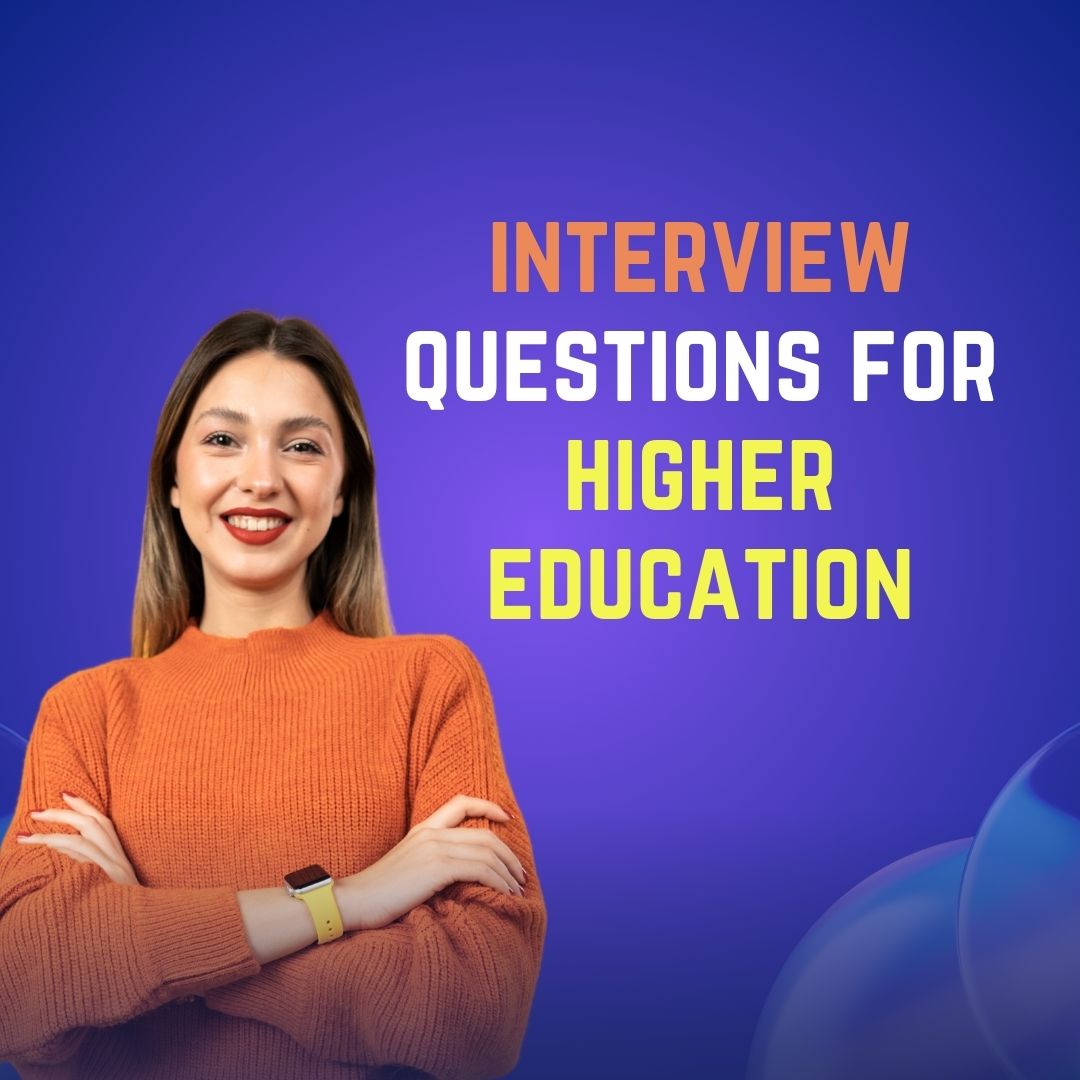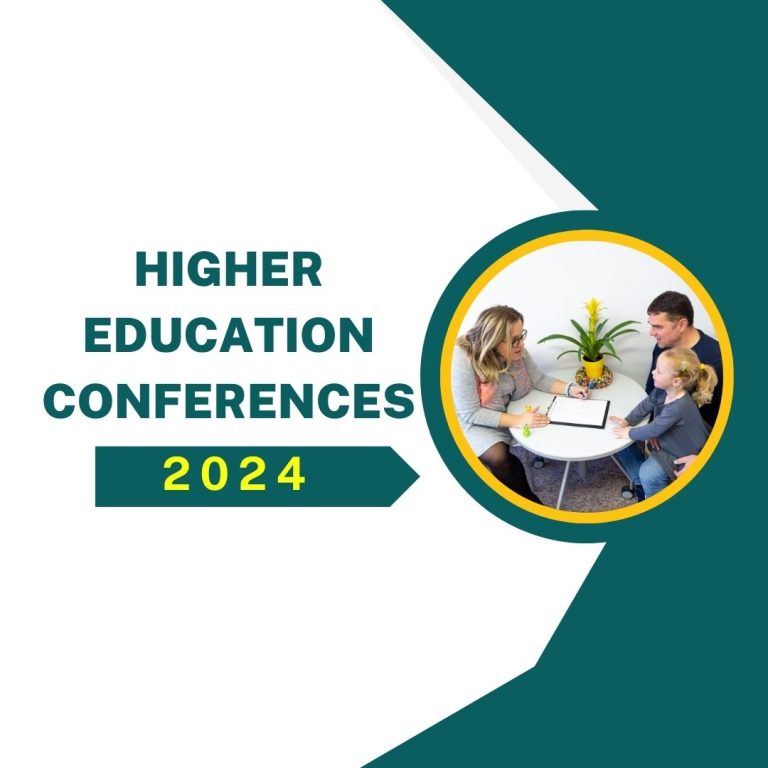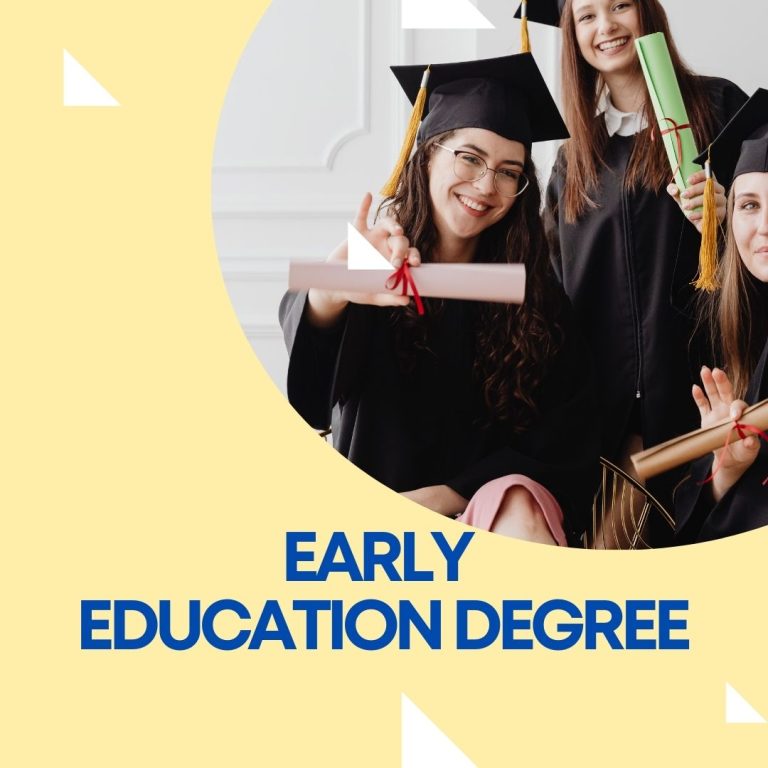Interview Questions for Higher Education for Your Better Study
Interview questions for higher education assess your academic and career goals. They focus on your commitment to the field of study you are entering.
Preparing for an interview in the context of higher education is an integral step towards advancing your academic journey. Understanding common questions and crafting thoughtful responses can set you apart from other candidates. The questions typically revolve around your research interests, understanding of the subject matter, long-term objectives, and how the particular program aligns with your career trajectory.
Your readiness to articulate these aspects reflects your passion and potential as a prospective student. Emphasizing achievements, experience, and readiness for rigorous academic work will showcase your suitability for the program. Tailor your answers to highlight how your background complements the university’s offerings, demonstrating a mutual benefit for both you and the institution. Aim to engage the interviewer with clear, concise responses that underscore your enthusiasm for higher learning and the contribution you aim to make to the academic community.
Preparing For The Big Day
Landing an interview in higher education is a significant step in your professional journey. It’s crucial to walk in prepared and confident. Below are key areas to focus on as you gear up for the interview.
Researching The Institution
Understanding the college or university is fundamental before your interview. Start with the institution’s history, its mission, and values. Note any recent news, achievements, or research breakthroughs. Focus on how the institution stands out. Explore the campus culture and student body to gauge the environment.
- Review the institution’s website.
- Read recent publications and press releases.
- Get to know the institution’s community and culture.
Understanding The Role
Clarity on what the role involves can set you apart. Analyze the job description thoroughly. Identify the core responsibilities and how they align with your skills. Reflect on relevant experiences that demonstrate your qualifications. Prepare to give specific examples showcasing your expertise.
| Job Description | Your Qualifications |
|---|---|
| Core responsibilities | Your matching skills and experiences |
| Desired qualifications | Education and certifications |
| Preferred qualities | Personal traits and successes |
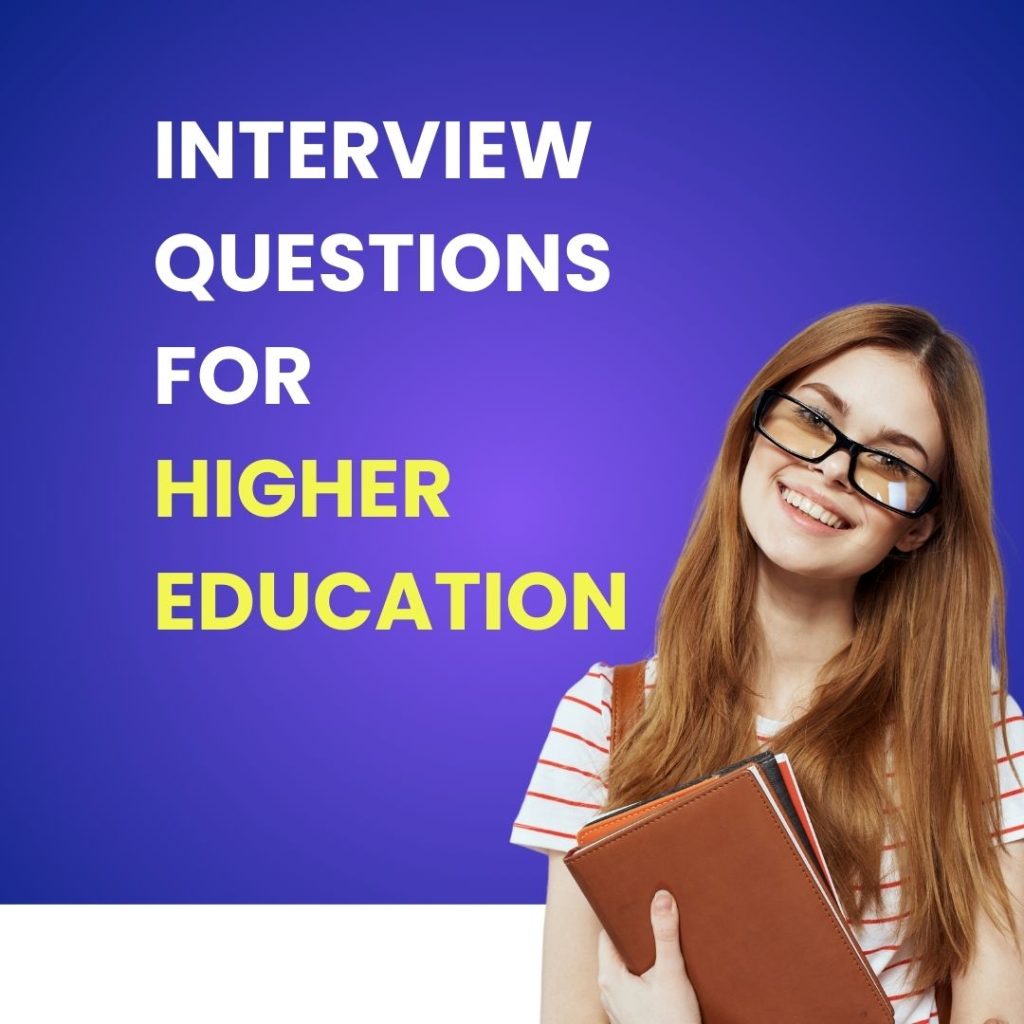
Common Interview Questions
Welcome to the core segment of our blog post focusing on Common Interview Questions for positions in higher education. Whether you’re applying for a faculty role, administrative position, or support services, certain inquiries are nearly universal. These questions span professional history, teaching approach, and more. Brace yourself to articulate your experience and pedagogical beliefs with confidence!
Experience And Background
The Experience and Background segment of an interview aims to unveil your past professional pathways. Interviewers will look for a snapshot of your career achievements and academic journey. They might pose questions like:
- Tell us about your educational background.
- Outline your most significant professional experiences.
- Detail any leadership roles you’ve undertaken.
- Describe a challenging project you’ve worked on.
- Explain the impact of your research or work.
Teaching Philosophy
Your Teaching Philosophy is a centrepiece during an interview, especially for academic roles. The questions will seek inspection of your instructional methods and educational ethos. Key queries often include:
| Question | Purpose |
|---|---|
| How would you describe your teaching style? | To understand your approach to instruction. |
| What strategies do you use to engage students? | To gauge active learning techniques. |
| Share examples of how you adapt lessons. | To view flexibility and innovation in teaching. |
| Discuss a time you handled a difficult teaching scenario. | To assess problem-solving in a teaching context. |
| What methods do you use to measure student success? | To evaluate your effectiveness and accountability. |
Prepare to provide examples that illuminate your educational values. Let the interview committee grasp the essence of your educational persona through detailed narratives of your teaching journey.
Scenario-based Inquiries
When it comes to hiring in higher education, scenario-based inquiries can be pivotal. These questions help gauge a candidate’s real-world problem-solving skills. They reveal how potential hires might handle actual situations in a campus setting. The right ones can shed light on various competencies, including student engagement and conflict resolution. Let’s explore specific scenario-based questions that are crucial in the realm of higher education interviews.
Student Engagement Challenges
Student engagement is the key to academic success. Candidates must show they can inspire and retain student interest. Consider asking:
- “Describe a situation where you had to increase student participation in a program or class.”
- “What techniques would you use to motivate a disengaged student?”
These questions test the candidate’s creativity and adaptability. The aim is to identify their strategies for fostering a vibrant learning environment.
Conflict Resolution
Universities often face conflicts, be it with staff, students, or faculty. Competent conflict resolution skills are a must. Possible questions include:
- “Tell us about a time you resolved a disagreement between students.”
- “How do you handle conflicts in a diverse educational community?”
Such inquiries help determine the candidate’s ability to manage disputes effectively and maintain a harmonious campus culture.
Subject-specific Questions
Walking into an interview for a role in higher education requires more than general readiness. Subject-specific questions become the pivot around which your expertise and passion rotate. These questions aim to reveal depth and dedication in your field.
Curriculum Development
Curriculum development drills into your abilities to shape academic landscapes. Expect inquiries on creating course materials that resonate with current educational standards. The ideal candidate demonstrates innovative approaches to teaching and learning.
- Design principles in developing new courses
- Strategies for integrating technology into the curriculum
- Methods to evaluate and update existing programs
- Ways to incorporate diverse perspectives into the syllabus
Research Interests Alignment
Research interests alignment delves into how your specific scholarly pursuits complement the institution’s vision. Discuss ongoing projects and how they align with the department’s goals. Your enthusiasm for research sparks interest in your potential contribution.
- State your current research focuses
- Explain how these support the institution
- Describe past collaborations with other scholars
- Envisage future research directions within the department
Questions To Demonstrate Fit
Interviews for roles in higher education are not only about showcasing your experience. It’s also important to prove that you match the institution’s culture and values. In this section, we’ll explore questions to help you display your alignment with the school’s mission and community.
Institutional Values And Mission
To truly stand out in a higher education interview, understanding the institution’s core values and mission is crucial. Consider these questions:
- Can you describe how your personal goals align with our mission?
- What aspects of our institution’s philosophy resonate with you?
- How have you demonstrated commitment to values similar to ours?
The answers to these questions should echo the institution’s goals and showcase your genuine interest.
Contribution To Campus Culture
Beyond sharing values, you must convey how you will add to the campus environment. Focus on questions like:
- In what ways have you impacted your previous educational communities?
- How do you see yourself enhancing our campus culture?
- Can you give examples of your flexibility and teamwork in diverse settings?
- What unique perspectives or experiences will you bring to our community?
Answering these questions offers a snapshot of your potential contributions and collaborative spirit.
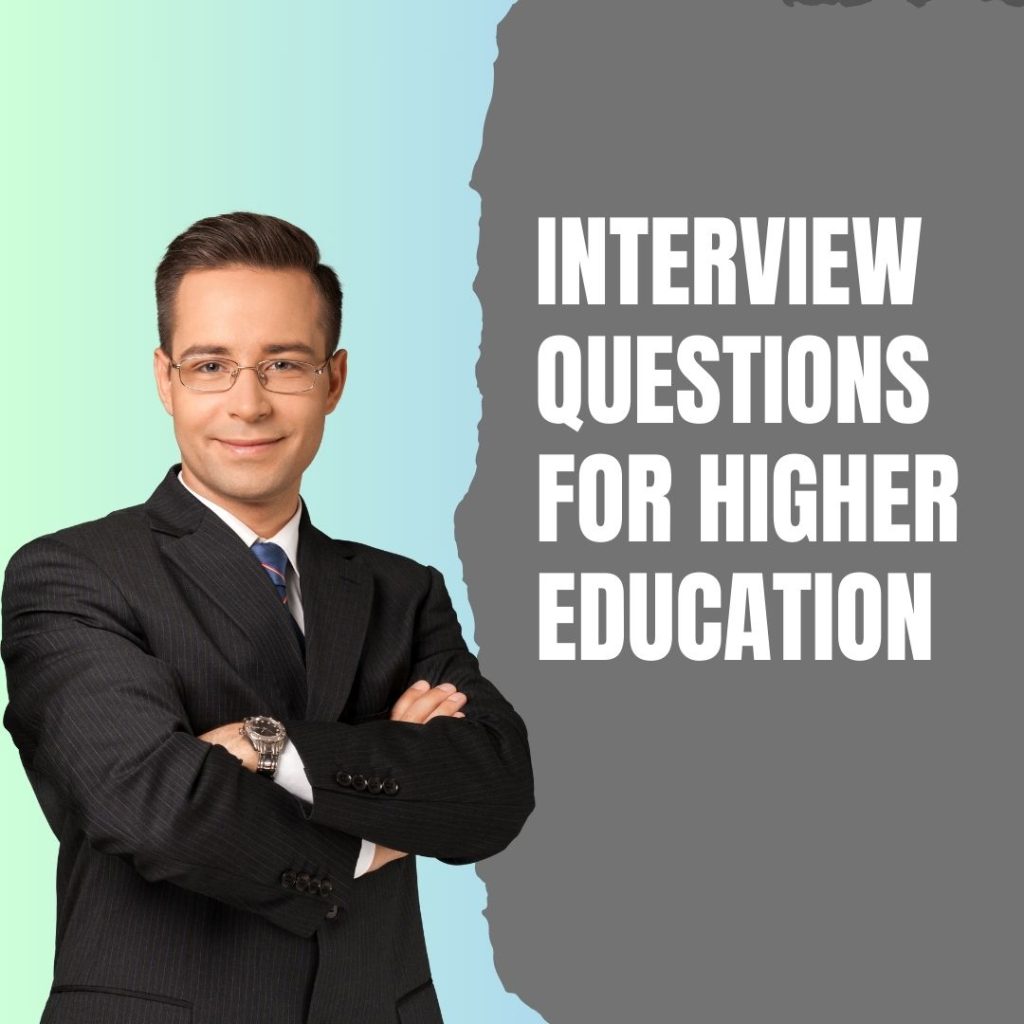
Preparing Thoughtful Questions To Ask
Preparing Thoughtful Questions to Ask shows you’ve done your homework and are truly considering how you might fit into the academic community. When interviewing for a role in higher education, it’s not just about them wanting you; it’s about your interest in them too. Crafting smart inquiries goes a long way in demonstrating your commitment and foresight.
Inquiries About Growth Opportunities
Education professionals often seek universities that invest in staff development. Asking about growth opportunities can give insights into how the institution supports professional aspirations. Below are questions you might consider:
- What professional development resources are available to faculty?
- How does the institution facilitate ongoing learning for staff?
- Are there mentorship programs for new faculty?
- Can staff participate in cross-departmental collaborations?
Department’s Future Direction
Understanding a department’s trajectory is key for any potential role. Beneath are thought-provoking questions to uncover a department’s strategic plan:
- What goals has the department set for the next five years?
- How does the department plan to tackle emerging educational challenges?
- What role does the department play in the university’s overall vision?
- Are there new programs or initiatives in the pipeline?
Interview Day Strategies
Interview day is your opportunity to shine in the higher education sector.
Preparation, punctuality, and a positive attitude go a long way.
First Impressions Matter
- Arrive early to avoid any rush and gather your thoughts.
-
Dress appropriately for the academic environment–
think professional and neat. -
A firm handshake and eye contact
show confidence as you greet the interview panel. - Bring extra copies of your resume, just in case.
Effective Communication
Convey your ideas clearly and concisely.
Listen carefully to the questions posed.
- Before answering, take a brief moment to collect your thoughts.
- Use simple language and avoid jargon unless necessary.
-
Support your answers with brief examples
that highlight your experience and suitability. - Ask relevant questions when prompted to show your engagement.

Follow-up After The Interview
Following up after an interview is a critical step in the hiring process. It shows your interest and commitment to the position. Let’s dive into two essential post-interview actions that could make a difference in landing your dream job in higher education.
Sending A Thank You Note
Expressing gratitude is a powerful tool. A thank you note can leave a lasting impression. Here are key points to include:
- Send it within 24 hours of your interview.
- Mention specific topics you enjoyed discussing.
- Reiterate your interest in the role and institution.
- Keep it concise and professional.
Email is the fastest way to ensure prompt delivery, but traditional mail can stand out. Choose the method that best aligns with the organization’s culture.
Handling Post-interview Silence
The wait after an interview can be stressful. But, act professionally. Here are steps to manage silence:
- Review the hiring timeline provided during the interview.
- Wait for the time frame to pass before following up.
- Send a polite follow-up email to inquire about the status.
- Focus on other opportunities while waiting for a response.
Remember, universities often have multi-layered hiring processes. Delays do not necessarily mean bad news.
Frequently Asked Questions Of Interview Questions For Higher Education
What Qualifications Do Higher Education Interviewers Seek?
In higher education interviews, candidates are expected to demonstrate advanced degrees, relevant experience, strong communication skills, and subject competency. Specific qualifications may vary depending on the role and institution.
How Can One Prepare For An Academic Interview?
To prepare for an academic interview, research the institution, understand the role, review your own work and achievements, and prepare to discuss your teaching philosophy, research plans, and how you can contribute to the department or college.
What Are Common Higher Education Interview Questions?
Common questions include inquiries about teaching style, research interests, contribution to the academic community, how you handle challenging classroom situations, and your future plans in the field of higher education.
How To Discuss Research Plans During Interviews?
Discuss your research plans by summarizing your past work, stating future objectives, how they align with the institution’s goals, and their potential impact. Be clear, concise, and show enthusiasm for your research direction.
Conclusion
Navigating the path to a career in academia can be complex. The right interview questions unlock potential and illuminate the candidate’s true capabilities. Remember, thoughtful queries foster meaningful discourse, essential in the education sphere. Let this guide support your quest for the best talent, contributing to a richer academic future.
